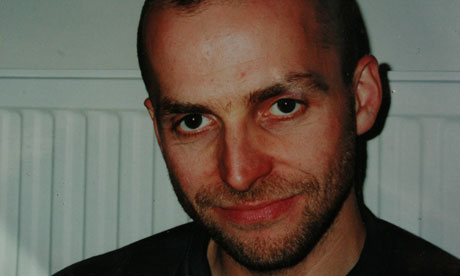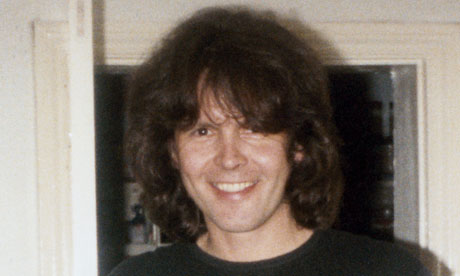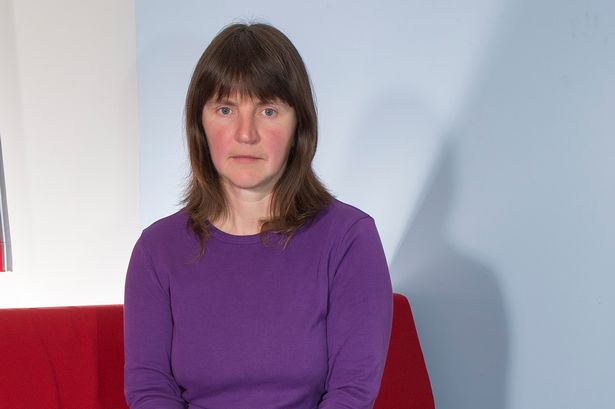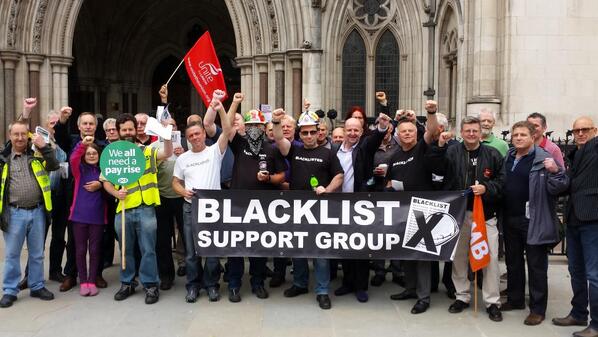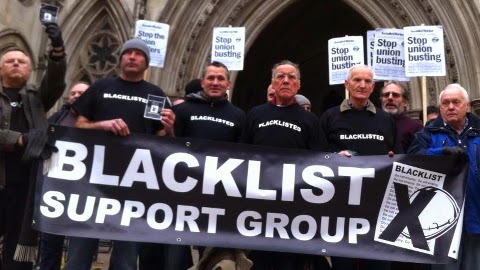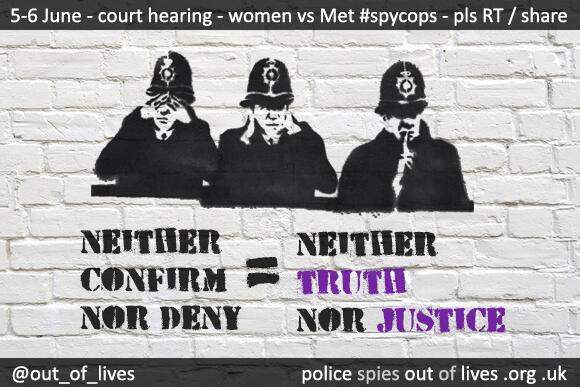Police Forced to Admit Spies Identities
For the first time ever, the Metropolitan Police have named undercover officers. Following last month’s court hearing, the Met have been compelled to admit that two Special Demonstration Squad (SDS) officers who deceived women they spied on into long-term relationships were, indeed, police officers.
Bob Lambert, who was undercover as Bob Robinson using the identity of a dead boy, had sexual relationships with four women he targeted including a four year relationship co-habiting and having a planned child with one.
Jim Boyling infiltrated Reclaim the Streets under the name Jim Sutton and caused a miscarriage of justice by going through a court case under his false identity, ended up marrying a woman he’d been sent to spy on.
GENUINE LIES
The Met claims the relationships took place against the guidance of managers and were women were the result of ‘mutual attraction and genuine personal feelings’.
Belinda Harvey, who had a relationship with Lambert, said
How can a relationship be genuine when it is based on a massive web of lies? He pretended to be a man with noble ideals and political commitments, when in reality he was a police officer spying on our friendship network.
He pretended he was committed to the future when he always knew he would go back to his real job and wife and kids. That doesn’t show genuine feelings; it is abuse and I would never have consented to such a relationship had I known.
After his deployment, Lambert went on to run the Special Demonstration Squad’s operations. He was Boyling’s mentor and overseer, the very manager who the Met are implying was ignorant of the dangers of sexual relationships. Yet again the Met take a transparently implausible stance and defy the people they abused to disprove it, compounding their already horrific level of personal damage.
In a press release on the Police Spies Out of Lives site that speaks for eight women bringing the case against the police, their lawyer Harriet Wistrich said
The police have been pulled, kicking and screaming, to this first extremely significant development in the litigation brought by the women in their long battle for justice and accountability. It represents a partial victory with the police being forced to acknowledge the identities of undercover police officers who committed serious violations of women’s rights. However, the confirmation does not go far enough, it is mealy mouthed, offensive and lacking in any acknowledgment of the huge abuse of power and harm caused to my clients.
IF LAMBERT GOT IT WRONG, HOW CAN HE BE RIGHT?
When the SDS was still a secret unaccountable unit, Bob Lambert was seen as a role model. ‘He did what is hands down regarded as the best tour of duty ever,’ said a former officer. But as their activities get dragged into the light of public scrutiny and mainstream morality, they are seen for what they are. Not even the Met can defend their actions and claim that what happened to those women was in any way acceptable.
Lambert currently holds academic posts at London Metropolitan University and the University of St Andrews, trading on his ‘counter terrorism’ experience. The police proclamation that sexual relationships are unethical further undermines his credibility as an authority on undercover policing. Either he used sexual relationships as a tactic or else he coincidentally got over his ‘mutual attraction and genuine personal feelings’ at the same time as his deployment ended and abandoned his own child without any support from his well remunerated job.
Rather than being trusted to train the next generation of infiltrators, Bob Lambert is more like a case study in how wrong it can go. His continued employment discredits the institutions that hire him.
TWO DOWN, TWO TO GO
Whilst the Met’s admission of undercover officers’ names is historic, it is the minimum they could get away with. They are still refusing to concede the identity of two other officers in the case, behaviour that’s just as absurd as their earlier refusal to admit the identities of Lambert and Boyling.
Everybody has known for years that Mark Cassidy was the undercover officer Mark Jenner. Everybody has known for years that John Barker was the undercover officer John Dines. The real John Barker was an 8 year old boy who died of leukaemia whose identity was stolen by Dines.
How long can they insult their victims and obstruct justice with such transparent nonsense? It is time to admit what they’ve done.
Helen Steel, who had a long-term relationship with John Dines, told this morning’s Radio 4 Today programme
These guys were saying that they loved us, that they wanted to be in our lives for the rest of their lives and yet they knew that their posting was going to be ending in just a few years time and that they were going to disappear from our lives and leave us bereft. That is not love, that is abuse.

